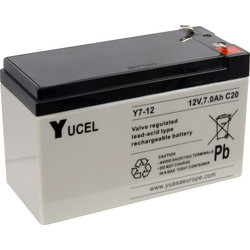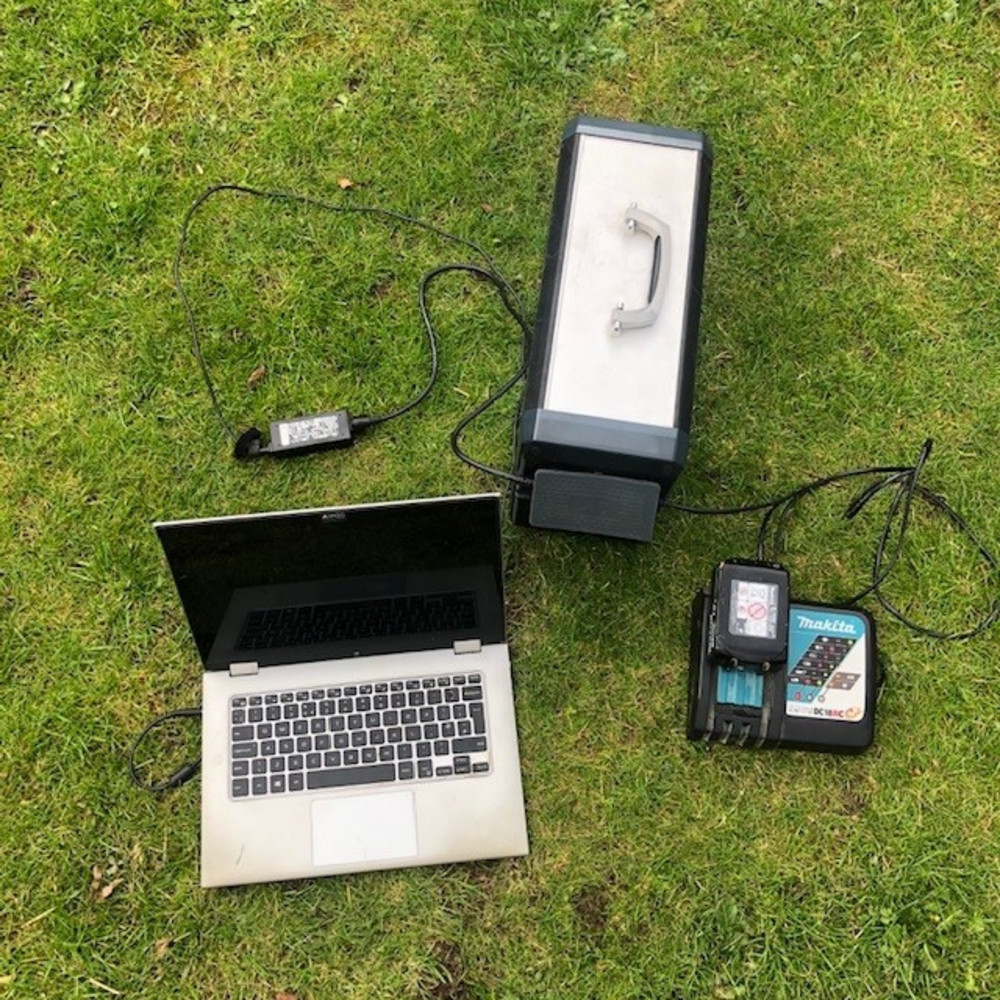I'm not trying to be completely off grid, just reduce my dependency on it a little. And be resilient in case of blackouts - like those last winter I think it was, in various parts of the country due to storms. A friend of mine was off electricity then for several days and, apart from the inconvenience, lost everything in her freezer.
I have a Jackery 1000 with 2 x 100W solar panels. This I routinely move around the house (disconnected!) to power things for the short-term, e.g. bread maker, and then recharge it when the sun's out. Also useful for camping as it's pretty portable. I use one of the Jackery panels alone in the back garden occasionally to directly charge phones, iPads, Kindles, etc. via USB.
I also have an EcoFlow Delta Max 2000 with a 400W panel, which is out full time, and am considering upgrading this with the smart batteries and another 400W panel. (But I've got to check the pocket money situation in more detail. And get permission.) I'm quite low on my power usage anyway so it's been supporting about 25% or so of my usage recently. I have yet to try it in the winter when the sun is much lower in the sky. I built a frame to support the panel as the supplied support, whilst fine for occasional portable / camping use, is not suitable for long-term use (IMHO).
The 2 x 100W Jackery PV panels seem to charge the unit at a max of around 120W in good bright sun, i.e. around 60% of the stated potential of the panels. This, I think, is because the Jackery will charge, from any source, at a max of 150W. So no point plugging in a big genny to charge it as most of that fuel is going to waste. The Jackery panels are stated not to be weatherproof, and the connecting plugs are definitely not.
The EcoFlow panel (400W) I've seen hit 350W+ on a number of occasions, so over 85% of potential. It uses PV industry standard MC4 weatherproof plugs.
Neither of these generation output observations can be considered particularly scientific.
Stuff I've read on the interweb suggests that most PV panels, on a good day, are likely to give you to up to around 80% or so of their stated delivery. And that, of course, depends on the recipient device.
Also I understand that it's best not to mix different panels / generation rates as 1 + 1 doesn't always equal 2 apparently (due to electrical clever stuff!).
I have a 2.5kW petrol generator - which I bought many many years ago for my last house as that had occasional outages anyway due to location. That genny plugged into the house via a simple mains transfer switch and so that supply went in to the main fuse box / distribution panel, etc. for safety. I have also implemented that concept where I am now. 2.5kW is unlikely to power a whole house (in the west) at once, but will support a number of devices concurrently.
It's quite a good idea to list the power consumption of the main items in the household so that you can get an idea what things you can have switched on concurrently on the system at any time. And what will never ever work!
This link (
https://www.metoffice.gov.uk/research/climate/maps-and-data/uk-climate-averages) will give you an idea of the likely sun hours for your location. A modicum of earnest spreadsheeting will enable you to get some idea of the power you "could" generate from your PV system at various times of the year. Of course, that will be modified by your local topography too!
I understand that cable length affects voltage drop. Makes sense. So (please correct me if this assumption is wrong), without excessively heavy duty cable, it may be better to have your low voltage PV panels relatively close to your power station / battery set up and then the 240V / mains level output cable to the house / other demand(s) can be longer.
I lived on a sailing boat for about 3 years and was completely off grid there, with solar panels, wind turbine and a small genny (plus the engine, of course). However my current location is not suitable for a small wind turbine. But elsewhere I'd consider it as a complement to the PV panels.


